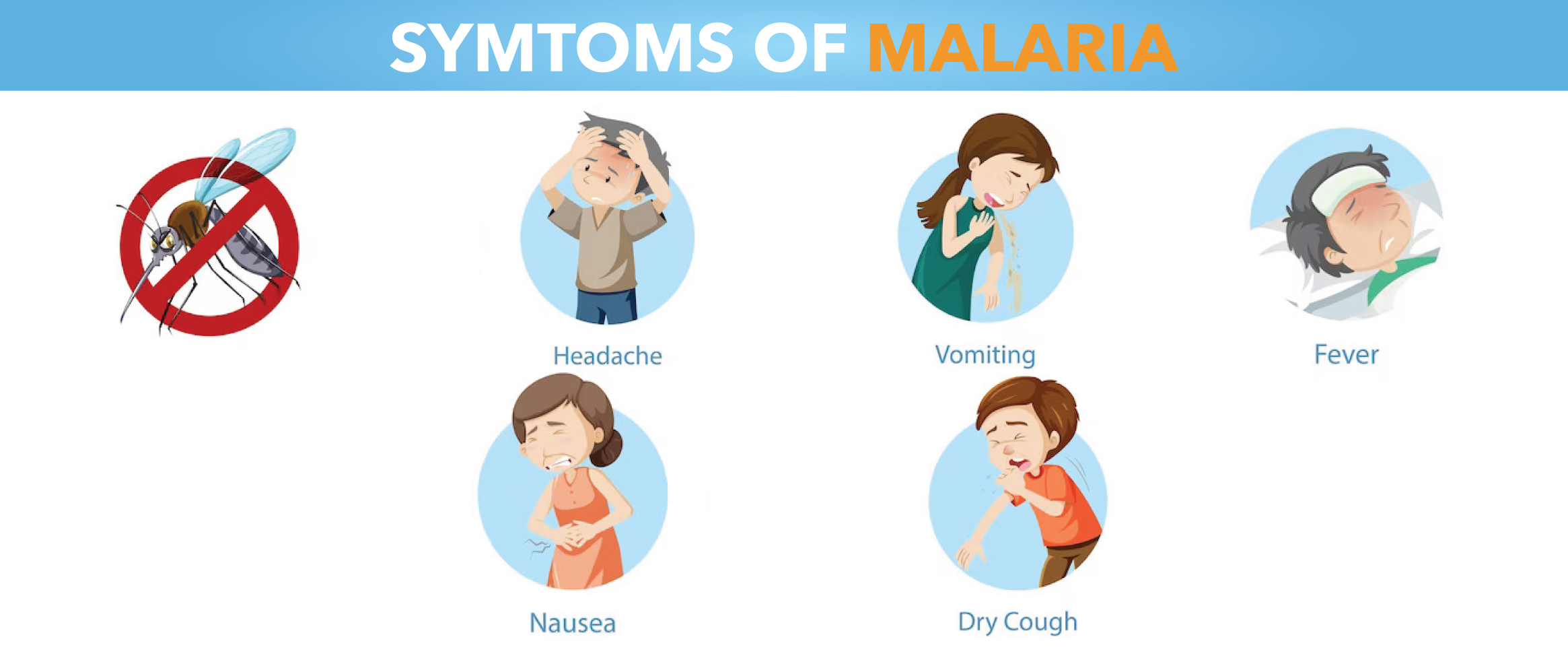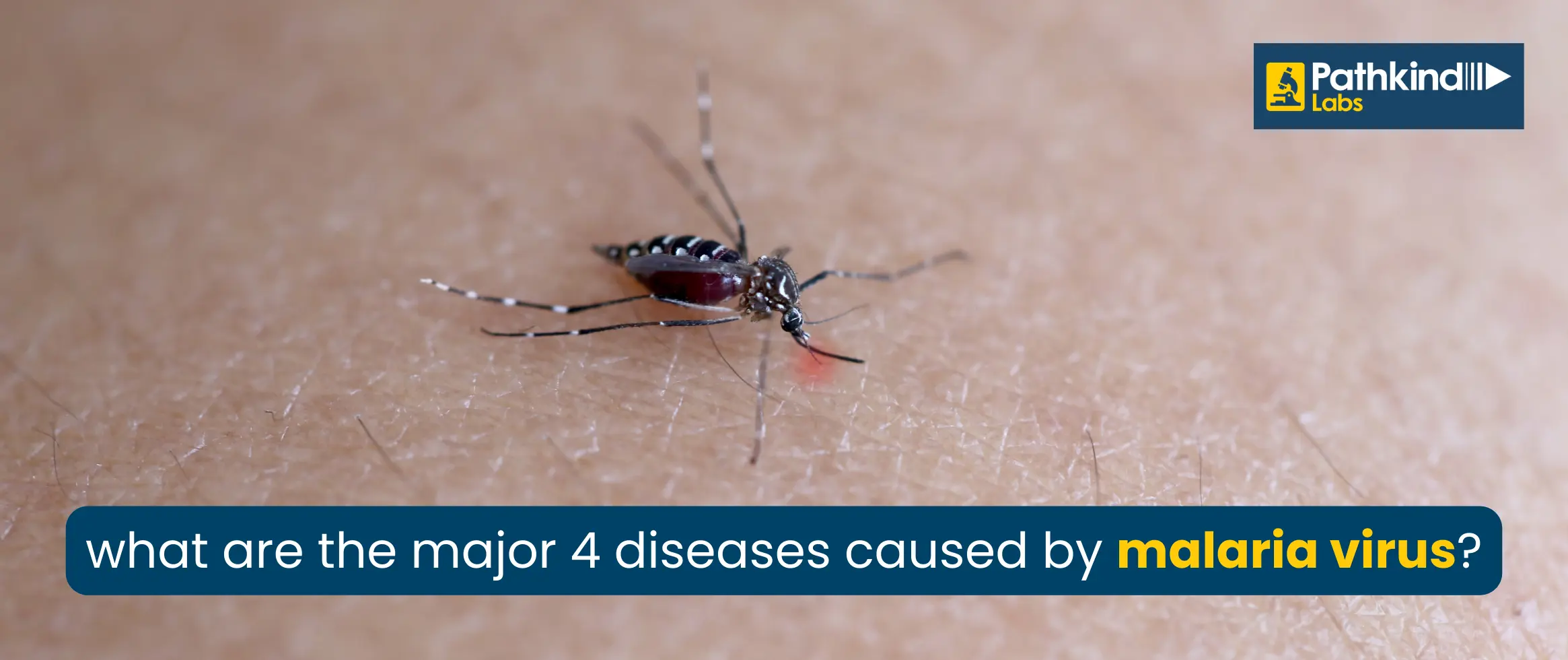The Malarial Parasite (MP) Smear is a diagnostic test that is used to identify the presence of malarial parasites in a sample of blood. Malaria is a tropical disease caused by parasites that are transmitted to humans through the bites of infected mosquitoes. It is a serious and potentially life-threatening illness that affects millions of people worldwide.
The Malarial Parasite (MP) Smear is a diagnostic test that is used to identify the presence of malarial parasites in a sample of blood. Malaria is a tropical disease caused by parasites that are transmitted to humans through the bites of infected mosquitoes. It is a serious and potentially life-threatening illness that affects millions of people worldwide.
The MP Smear test is a simple and non-invasive test that requires only a small sample of blood, usually drawn from a vein in your arm. The blood sample is examined under a microscope to look for the presence of malarial parasites
Why is Malarial Parasite (MP) Smear Test Done?
The MP Smear test is usually performed if you have symptoms that may indicate malaria, such as fever, chills, fatigue, muscle pain, headache, and nausea. It is also used to confirm a diagnosis of malaria if you have recently traveled to an area where malaria is prevalent.
The MP Smear test is a quick and relatively inexpensive way to diagnose malaria, although it is not always reliable in detecting all types of malarial parasites. Other diagnostic tests, such as PCR (polymerase chain reaction) tests or antigen detection tests, may be needed to confirm a diagnosis.
Who Should Get Malarial Parasite (MP) Smear Test?
The MP Smear test is typically recommended for individuals with symptoms that may indicate malaria, such as fever, chills, fatigue, muscle pain, headache, and nausea. It is also recommended for individuals who have recently traveled to an area where malaria is prevalent.
Your healthcare provider may also recommend the MP Smear test if you are at increased risk of contracting malaria, such as if you are pregnant, have a weakened immune system, or are traveling to an area with a high incidence of malaria.
How to Prepare for Malarial Parasite (MP) Smear Test?
There is no special preparation required for the Malarial Parasite (MP) Smear test. You may be asked to fast for a short period of time before the test, but this is not always necessary.
If you are taking medications that may interfere with the test results, such as antimalarial drugs, you should inform your healthcare provider. They may recommend that you stop taking these medications before the test or adjust the timing of the test to minimize any potential interference.
You should also inform your healthcare provider of any allergies you have or if you have a bleeding disorder or are taking blood thinners. These conditions may affect your ability to undergo the MP Smear test or may require special precautions to be taken.
It is important to follow your healthcare provider's instructions and to arrive at the laboratory or clinic on time for your MP Smear test. You should also bring any relevant medical records, such as previous test results or a list of medications you are taking, with you to the appointment.
What to Expect During Malarial Parasite (MP) Smear?
The MP Smear test is a simple and non-invasive test that requires only a small sample of blood, usually drawn from a vein in your arm. The blood sample is collected using a needle and syringe, which may cause a slight pinching sensation. The sample is then placed on a microscope slide and examined under a microscope.
The MP Smear test is a quick and relatively painless procedure that takes only a few minutes to complete. The results of the test are usually available within a few hours or a day.
The MP Smear test measures the presence of malarial parasites in a sample of blood. Malarial parasites are responsible for causing the tropical disease malaria, which is transmitted to humans through the bites of infected mosquitoes.
Malarial parasites can be classified into four main types: Plasmodium falciparum, Plasmodium vivax, Plasmodium ovale, and Plasmodium malariae. P. falciparum is the most severe and potentially life-threatening form of malaria, while P. vivax and P. ovale can cause recurrent infections. P. malariae is the least common and least severe form of malaria.
During the MP Smear test, the blood sample is examined under a microscope to look for the presence of malarial parasites. The results of the test are reported as positive or negative, indicating whether or not malarial parasites are present in the sample.
How to Understand Malarial Parasite (MP) Smear Test Results?
If the MP Smear test results are positive, it means that malarial parasites were detected in the blood sample. This indicates that you have malaria and may need treatment to clear the infection.
If the MP Smear test results are negative, it means that no malarial parasites were detected in the blood sample. This does not necessarily mean that you do not have malaria, as the MP Smear test may not always detect all types of malarial parasites. Your healthcare provider may recommend additional testing or may consider other potential causes of your symptoms.
When to Call a Doctor?
You should contact your healthcare provider if you have symptoms that may indicate malaria, such as fever, chills, fatigue, muscle pain, headache, and nausea. Your healthcare provider will determine if the MP Smear test is necessary and can explain the results of the test to you.
If you are being treated for malaria and have abnormal MP Smear test results, you should also contact your healthcare provider. They can assess the results and determine if any adjustments to your treatment plan are necessary.




 NABL approved
NABL approved  Most Trusted by
Most Trusted by  Accuracy &
Accuracy &  Widest Range
Widest Range 


















